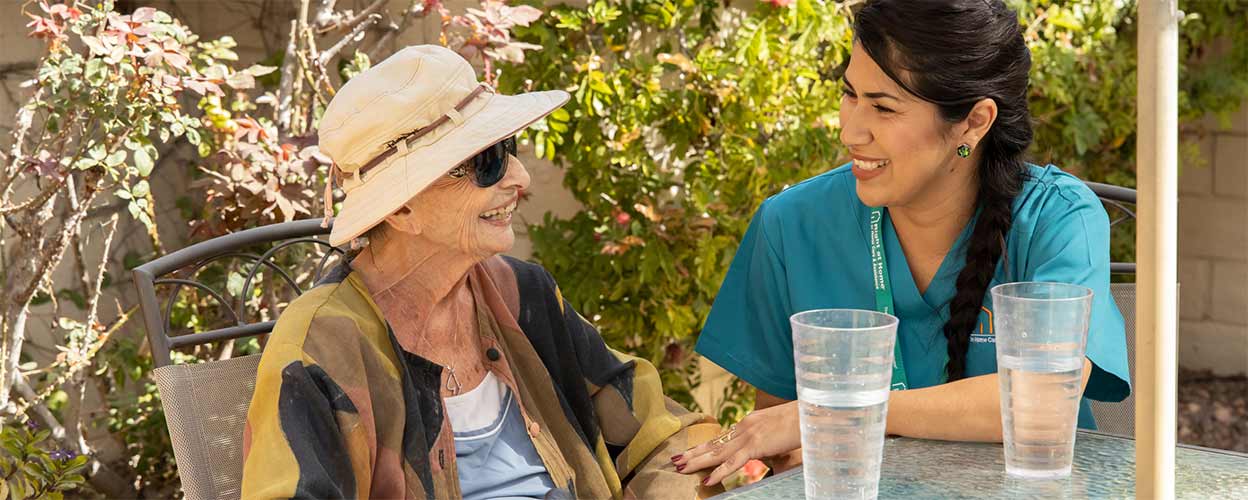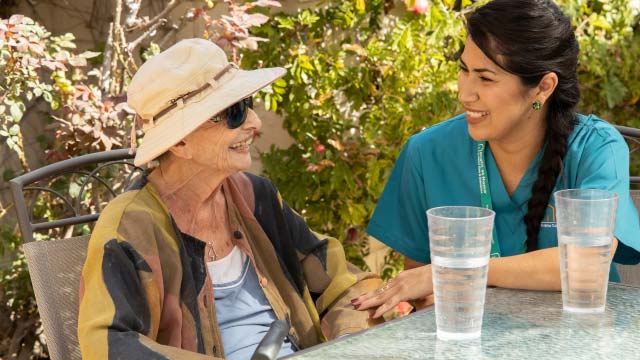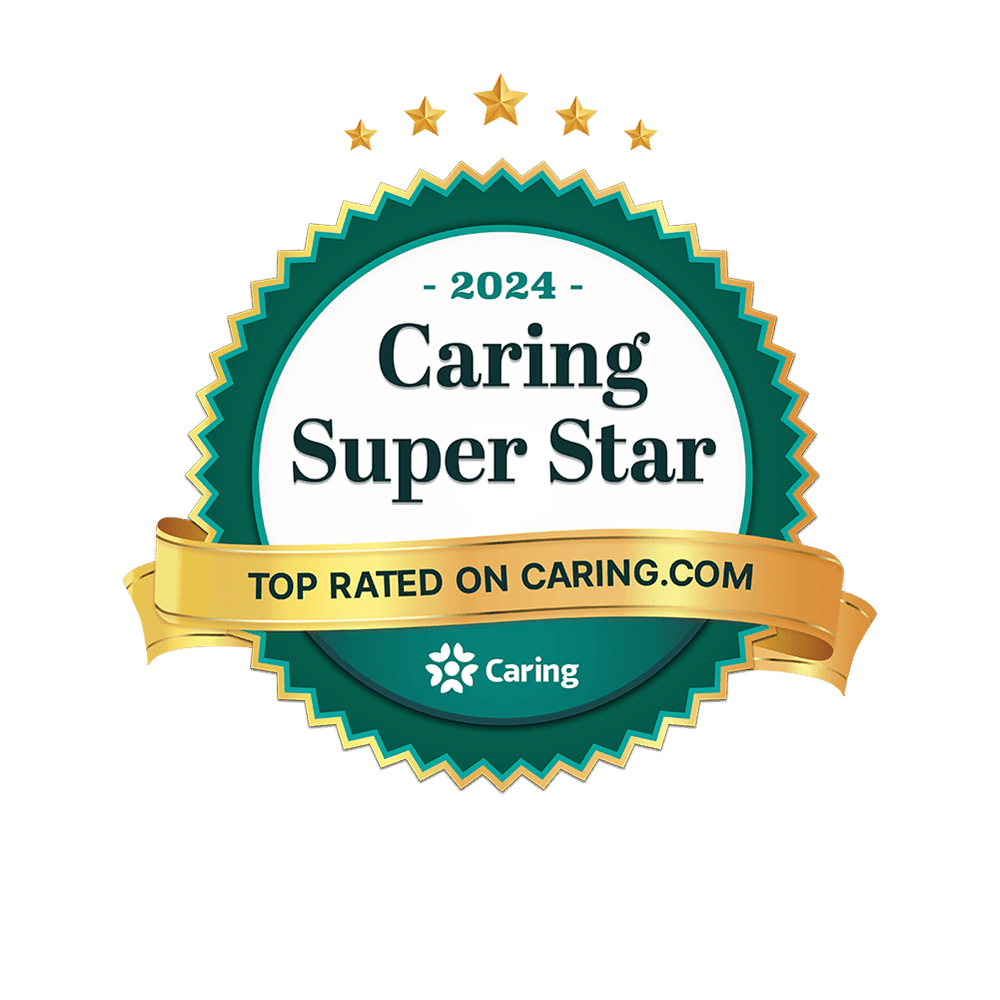

Jewish Care Services
Caregiver Orientation Program
When a caregiver joins Right at Home Westchester, our Client Service Director, Registered Nurse, Human Resources Manager, and Staffing Coordinator will offer an orientation program to familiarize him/her about the role of a professional caregiver.
The orientation program covers topics including safety supervision, plan of care directives, and communicating with the client, their families and the Right at Home Westchester office.
Client Assessment for Care Needs

During the initial assessment, the intake team of Right at Home Westchester clarifies with clients and families on specific care instructions. The client’s needs are outlined; specific restrictions are highlighted in the care plan. But we also encourage our caregivers to communicate with the clients to make sure their wishes are respected.
The objective of home care is more than helping seniors to age in place, but also preserving their lifestyle. We are aware that our clients may observe different cultural and religious rituals. Therefore, in our orientation program, we also explore relevant topics.
Our caregivers often accompany clients to their houses of worship. Not only do our clients appreciate the escort, their families are also happy that their loved ones can continue to be a part of their religious community—which, in some case, was not possible without the help with an aide.
Caring Super Star

2017 | 2018 | 2019 | 2020
2021 | 2022 | 2023 | 2024
Need help right now? Call us anytime at
(914) 468-1944
Tips in Caring for Jewish Elders
Westchester County has a Jewish population of approximately 130,000. It is the 8th largest Jewish community in the United States and embodies a 10% of the county’s total population. As we provide senior care services in a range of settings—private homes, independent and assisted living communities, rehabilitation centers and hospitals—we recognize that unique rules and protocols may apply to the location where a client resides.


When we match a caregiver with a senior of Jewish descent, we highlight the following so that the caregiver is aware of the client’s potential concern:
- Does the client live in a Kosher Kitchen Home?
Knowing the details of whether the Kosher Kitchen is from a Conservative or Orthodox perspective, and if certified Kosher foods are the only food items allowed in the household help both the client and caregiver feel confident and comfortable with the care services. - Does the client use separate sets of dishes for dairy products and meat?
Many Jewish families use dishes and silverware of different colors or patterns to distinguish which are used for meat and dairy. Caregivers would be reminded to avoid placing meat and dairy products next to each other in the refrigerator to avoid contact. Similar rules also apply to cooking, where meat and dairy products are not to be cooked in the microwave or stove at the same time. - Other directives to follow in a Kosher Kitchen
Some Kosher homes also feature separate kitchen cabinets, dishwashers, refrigerators, and microwaves to ensure that meat and dairy do not come in contact or cross-contaminate. Our team at Right at Home always makes sure the details are reviewed so that both the client and caregiver are comfortable.